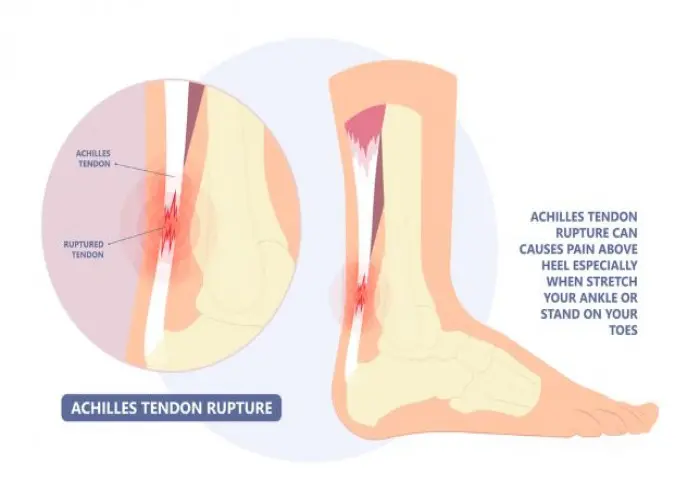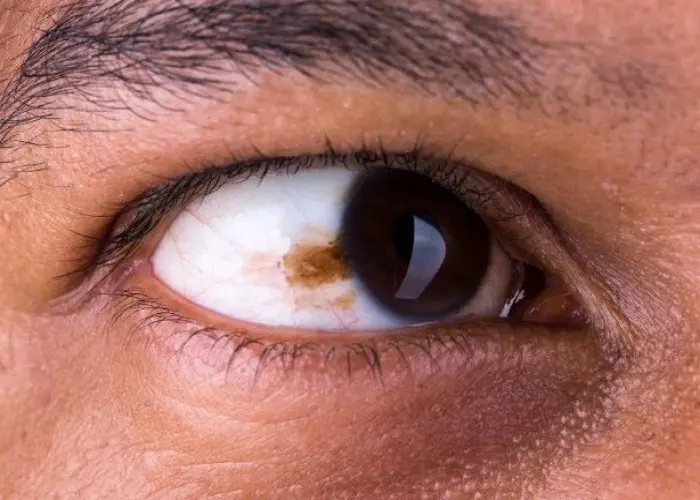 Welcome
Welcome
“May all be happy, may all be healed, may all be at peace and may no one ever suffer."
Churg-Strauss syndrome

Churg-Strauss syndrome, also known as eosinophilic granulomatosis with polyangiitis (EGPA), is a rare autoimmune disorder that primarily affects the blood vessels. The condition causes inflammation and damage to blood vessels in various organs, leading to a wide range of symptoms. Some common symptoms of Churg-Strauss syndrome include nasal congestion and sinusitis, asthma, skin rashes, joint pain and swelling, and peripheral neuropathy. The underlying cause of Churg-Strauss syndrome is not well understood, but it is thought to be a combination of genetic and environmental factors.
Diagnosis of Churg-Strauss syndrome typically involves a physical examination, blood tests, and imaging studies to assess the extent of blood vessel inflammation and organ damage. Treatment typically involves a combination of corticosteroids and other immunosuppressive medications to reduce inflammation and prevent further damage. In some cases, treatment may also involve addressing underlying conditions such as allergies or asthma.
While the prognosis for Churg-Strauss syndrome varies depending on the severity of the condition, prompt and effective treatment can help manage symptoms and prevent serious complications. However, the disease can be difficult to diagnose and manage, and some people with Churg-Strauss syndrome may experience recurring episodes of symptoms despite treatment.
Research Papers
Disease Signs and Symptoms
- Loss of appetite
- Arm or Hand pain
- Skin sores, bruising or rashes
- Skin rash
- Fatigue (Tiredness)
- Weakness
- Abdominal pain and gastrointestinal bleeding
- Abrupt severe abdomen pain
- Muscle pain
- Weight loss
- Hands numbness
Disease Causes
Churg-Strauss syndrome
The cause of Churg-Strauss syndrome is largely unknown. It's likely that a combination of genes and environmental factors, such as allergens or certain medications, triggers an overactive immune system response. Instead of protecting against invading bacteria and viruses, the immune system targets healthy tissue, causing widespread inflammation.
Disease Prevents
Disease Treatments
There's no cure for Churg-Strauss syndrome, also known as eosinophilic granulomatosis with polyangiitis (EGPA). But medications can help manage your symptoms.
Corticosteroids
Prednisone, which reduces inflammation, is the most commonly prescribed drug for Churg-Strauss syndrome. Your doctor might prescribe a high dose of corticosteroids or a boost in your current dose of corticosteroids to get your symptoms under control quickly.
High doses of corticosteroids can cause serious side effects, so your doctor will decrease the dose gradually until you're taking the smallest amount that will keep your disease under control. Even lower doses taken for extended periods can cause side effects.
Side effects of corticosteroids include bone loss, high blood sugar, weight gain, cataracts and hard-to-treat infections.
Other immunosuppressive drugs
For people with mild symptoms, a corticosteroid alone may be enough. Other people may need to add another drug to help suppress their immune systems.
Mepolizumab (Nucala) is currently the only drug approved by the U.S. Food and Drug Administration for treatment of Churg-Strauss syndrome. However, depending on the severity of disease and the organs involved, other medications may be required. Examples include:
- Azathioprine (Azasan, Imuran)
- Benralizumab (Fasenra)
- Cyclophosphamide
- Methotrexate (Trexall)
- Rituximab (Rituxan)
Because these drugs impair your body's ability to fight infection and can cause other serious side effects, your condition will be closely monitored while you're taking them.
Disease Diagnoses
Disease Allopathic Generics
Disease Ayurvedic Generics
Disease Homeopathic Generics
Disease yoga
Churg-Strauss syndrome and Learn More about Diseases

Meralgia paresthetica

Desmoplastic small round cell tumors

Ankylosing spondylitis

Transverse myelitis

Achilles tendon rupture

Ventricular tachycardia

Viral hemorrhagic fevers

Eye melanoma
Churg strauss syndrome, EGPA disease, চাগ স্ট্রস সিনড্রোম
To be happy, beautiful, healthy, wealthy, hale and long-lived stay with DM3S.
